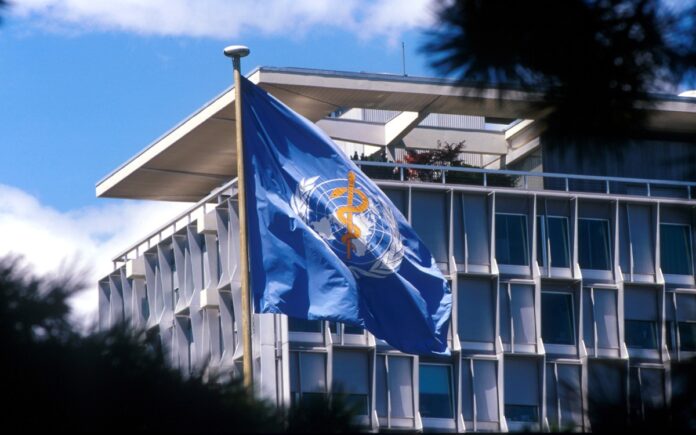London: In a significant move towards bolstering global health security, the World Health Organization (WHO) announced on Saturday its commitment to concluding talks aimed at forging a comprehensive global agreement to combat pandemics by the year 2025, with efforts to expedite the process wherever feasible.
For the past two years, the WHO’s 194 member states have been engaged in negotiations to establish a framework fostering enhanced international cooperation and collaboration in the face of pandemics. The envisioned agreement seeks to fortify preparedness measures and streamline coordination both prior to and during health crises.
Initially targeting a resolution by the present week, the WHO opted to extend deliberations due to persistent disparities between affluent and less affluent nations, particularly concerning contentious issues such as equitable vaccine distribution and preemptive readiness.
Also Read | Boeing Cancels Historic Mission with Astronauts Just Minutes Before Liftoff
However, amidst these challenges, a significant breakthrough emerged in the form of a parallel agreement to modernize the existing legally-binding health regulations, referred to as the International Health Regulations (IHR). This updated framework introduces a novel tiered alert system tailored to address the spectrum of global health emergencies.
“The historic decisions taken today demonstrate a common desire by member states to protect their own people, and the world’s, from the shared risk of public health emergencies and future pandemics.” — WHO Director-General Tedros Adhanom Ghebreyesus
WHO Director-General Tedros Adhanom Ghebreyesus hailed these developments as historic, emphasizing the collective commitment of member states to safeguard both their populations and the global community from the perils of public health crises and future pandemics.



